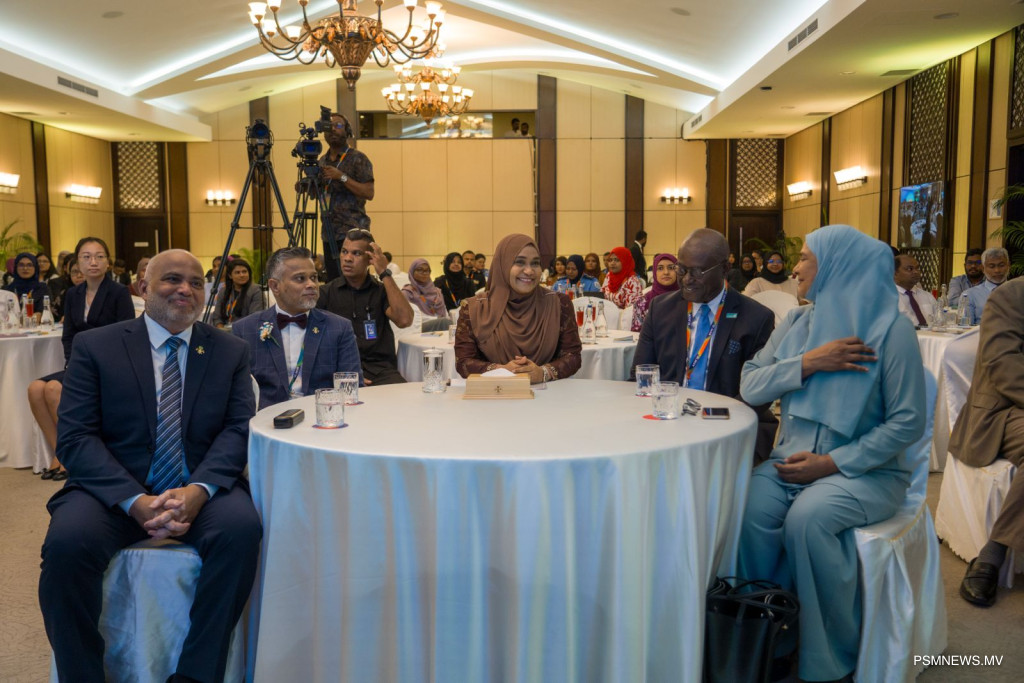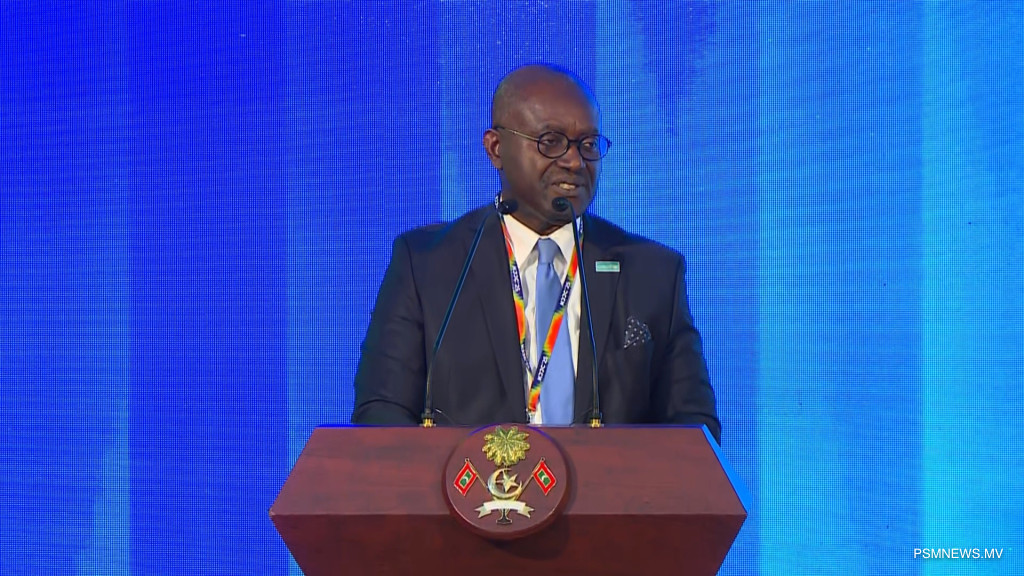
Prosecutor General Abbas Shareef has called for greater coordination among state institutions to reinforce the juvenile justice system, arguing that fragmented responses have left vulnerable children without adequate protection. Addressing the National Juvenile Justice Conference 2025, Shareef underscored that a unified approach could bring "major revolutionary changes" in child welfare across the country.
With the theme "Empowering Change: Advancing Juvenile Justice and Safeguarding Children's Rights", the conference seeks to address long-standing gaps in the system through research-driven solutions. Attendees include technical representatives from 16 agencies, among them the Prosecutor General's Office, United Nations Children's Fund (UNICEF), Maldives Police Service (MPS), Ministry of Social and Family Development, and several academic institutions. 11 additional institutions are present as observers.

During his remarks, Shareef cited a "tragic incident" involving a 13-year-old child, a case that underscored the consequences of institutional silos. A criminal case against the child's abuser led to a conviction years ago, he said, adding that yet over the past decade, neither the child nor their family has received the kind of sustained, effective support they need. Agencies such as the police, Department of Juvenile Justice, and Ministry of Social and Family Development worked on the matter, yet their efforts fell short of a holistic solution, he elaborated.
At the heart of the problem, Shareef explained, is the lack of an integrated framework. Institutions continue to operate within their own mandates, he explained, limiting opportunities for collaboration. Budgets shape interventions, he noted, often forcing agencies to prioritise their own policies rather than aligning with a broader, unified strategy that would better serve affected children and families.

Dr Edward Addai, UNICEF Representative to the Maldives, echoed the prosecutor general's concerns, stressing that the well-being of children is directly tied to the stability of families and the progress of the nation. A more cohesive juvenile justice strategy, he argued, could set in motion "major revolutionary changes" throughout the country.
The conference continues, with discussions aimed at producing tangible reforms to strengthen protections for children, enhance institutional cooperation, and ensure that young victims receive the justice and care they deserve.
